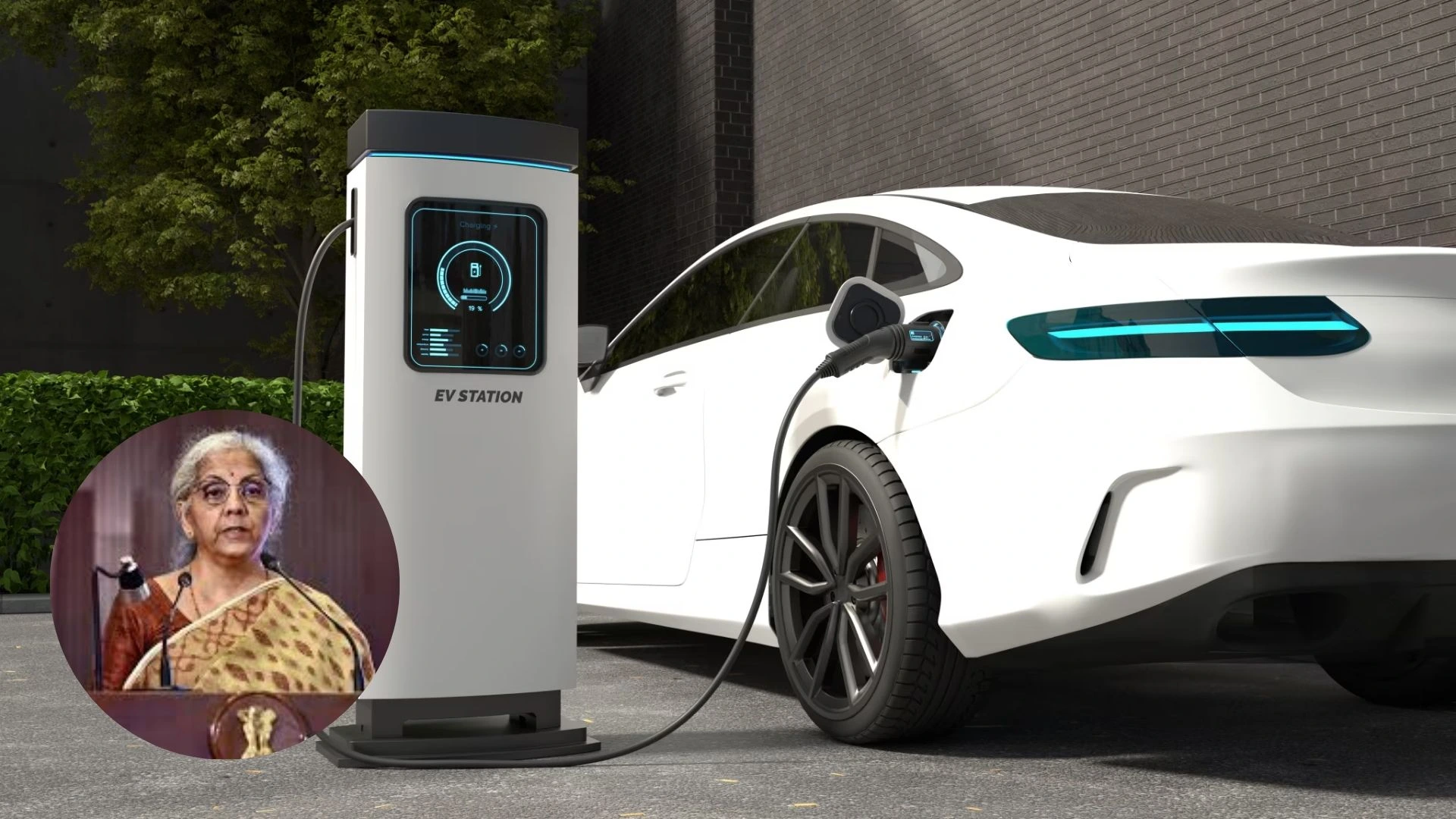
Table of Content
▼In a significant move aimed at accelerating India's electric vehicle (EV) revolution, the government has announced the removal of import duties on 35 essential components used in EV battery manufacturing. This decision, part of the Union Budget 2025, is expected to reduce production costs, promote local manufacturing, and make EVs more affordable for consumers.
Key Announcements
- No import duties on 35 essential raw materials used in EV battery production.
- Move aimed at boosting domestic production and reducing reliance on imports.
- A strategy to mitigate the impact of US tariffs while strengthening India’s EV sector.
- Part of broader tariff reductions to enhance India's export competitiveness.
Impact on EV Buyers and Industry
This policy change comes as a major boost for India's growing EV sector. Battery prices constitute a significant portion of an EV's cost, and lowering import duties on crucial components will lead to lower manufacturing costs, ultimately making EVs more affordable for consumers.
For Indian automakers, this move will:
- Encourage local production, reducing dependency on imported batteries.
- Lower production costs, making EVs price-competitive with petrol/diesel vehicles.
- Drive more investment into EV battery manufacturing in India.
- Support India's clean energy goals, promoting green mobility.
Government's Push for Green Mobility
Finance Minister Nirmala Sitharaman, while announcing the duty exemption, emphasized that reducing duties on raw materials will make India a global hub for EV production. The government has been actively pushing policies that promote electric mobility, including:
- Expanding EV charging infrastructure nationwide.
- Providing subsidies for EV buyers under FAME schemes.
- Encouraging foreign investment in battery production and research.
Also Read: EV Insurance Demand Surges 16x in 3 Years: A Closer Look at EV Insurance in India
Challenges and Future Outlook
While the removal of import duties is a positive step, the industry still faces challenges such as:
- High initial cost of EVs, despite subsidies.
- Limited charging infrastructure, especially in rural areas.
- Need for technological advancements in battery efficiency.
However, with continuous government support and growing consumer demand, India is on track to become a major EV market by 2030. The duty exemption will accelerate growth, making India a key player in the global EV revolution.
Conclusion
The removal of import duties on EV battery components is a landmark decision that will benefit manufacturers, consumers, and the environment. It not only lowers EV costs but also strengthens India's position in the electric mobility sector. With increasing investments and policy support, India's transition towards a sustainable automotive future is set to gain momentum.
Also Read: India Set to Become the World's Largest Auto Market by 2030: Nitin Gadkari
Neha Mehlawat
Neha Mehlawat is an automotive journalist and industry analyst with 10+ years of experience covering cars, bikes, and mobility trends. She tracks the latest launches, technology upgrades, and policy changes in the auto sector, delivering sharp insights that help readers stay ahead in the fast-evolving world of automobiles.
_1652258436.jpg)
_1772098099.webp)
_1772090295.webp)
_1772088394.webp)


